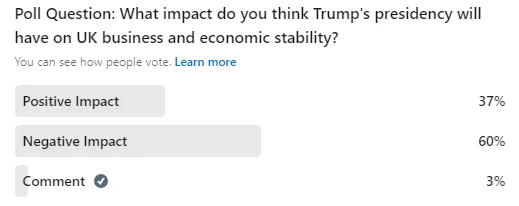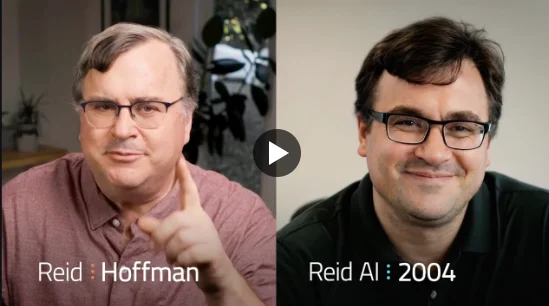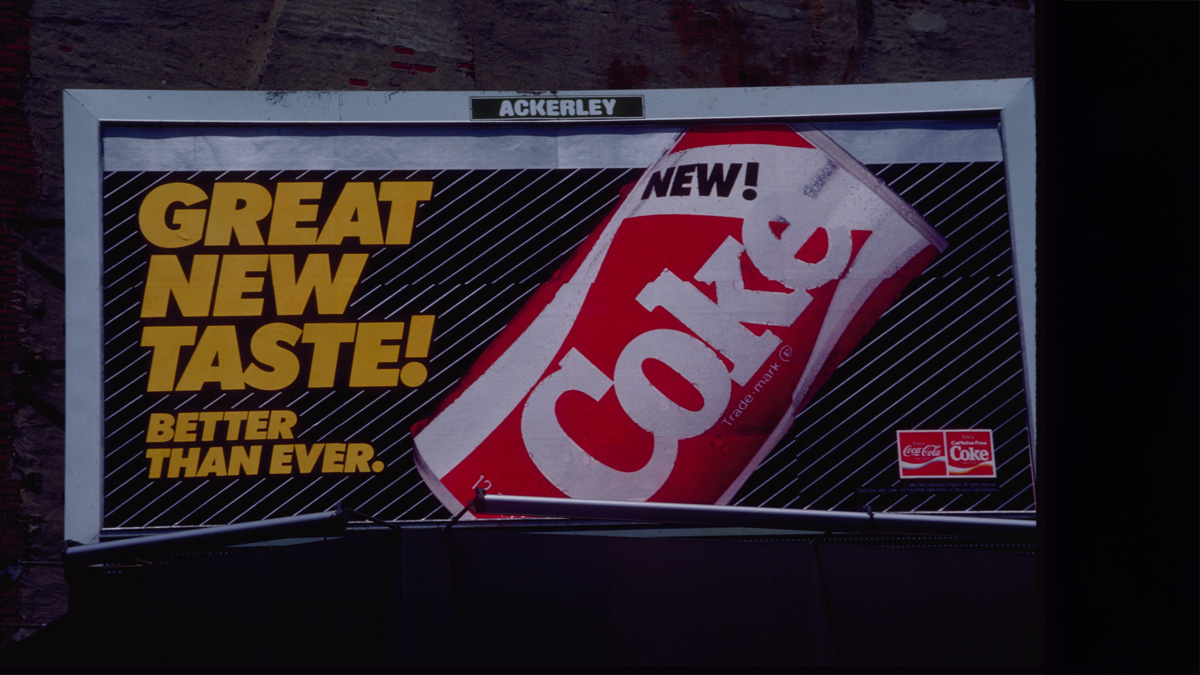
“If liberals are so f***ing smart, how come they lose so god-damn always?”
I was reminded of that quote from the TV show The Newsroom this week after the result of the US election, which saw Donald Trump elected president.
There is much to unpack about why America voted as it did, but it is clear that the polls were wrong and that optimism among Democrats that Kamala Harris would win were misplaced. Some voters appear to have told pollsters one thing and then done another (voted for Trump). Others were never reached by pollsters.
An exit poll by NBC, the US broadcaster, claimed that the future of democracy was the biggest issue for voters. Thirty-five per cent of voters told this to pollsters, compared to 31 per cent who cited the economy and 11 per cent for immigration. But both the economy and immigration mattered more when they actually voted. Trump consistently rated ahead of Harris on these two issues. Harris was always ahead on protecting democracy.
This article is an online version of our Weekend newsletter. Sign up to receive it straight to your inbox.
Interestingly, betting markets were far more accurate in forecasting the election than the polls. Trump was rated as a strong favourite compared to Harris. These markets followed people’s money rather than what they said.
One lesson from the result of the US election is that what people say they want and what they actually want are often different. This matters for businesses too. Consumers may say they want something when you survey them, but then buy something entirely different. Businesses add value by working out what people really want and delivering it.
In the last issue of the Business Leader magazine, we included a quote from Steve Jobs, the co-founder of Apple, on this topic. “It’s really hard to design products by focus groups,” Jobs said. “A lot of times, people don’t know what they want until you show it to them. That’s why a lot of people at Apple get paid a lot of money, because they’re supposed to be on top of these things.” Jobs was not rubbishing the value of surveys or research here, rather he was emphasising the importance of Apple’s role.
The reaction in financial markets to Trump’s victory has been boisterous, fuelled by a belief that his administration will seek to cut taxes and regulation. The Dow Jones Industrial Average, the main stock market index in the US, is up nearly 5 per cent since the result of the election was confirmed. Tesla, led by Trump supporter Elon Musk, is up by 20 per cent. Bitcoin has risen by more than 10 per cent and cleared $75,000 (£57,900) for the first time.
But for businesses in the UK the future is less optimistic. Just days after being hit by an increase in taxes by the new Labour government (more on that below), those exporting to the US could now face a tax on their sales. Trump has pledged to pursue protectionist trade policies that support US businesses and even floated the idea of a 10 per cent tariff on all goods imported into the US.
The Guardian has done a neat summary of all the potential trade policies, which you can find here. In short, they are not great for businesses exporting to the US. Shares in FTSE 100 drugs group GSK, which exports products to the US, have dropped more than 3 per cent since the election result. In Germany, shares in car makers like BMW and Mercedes-Benz have also fallen.
This week, we asked Business Leader readers via social media what the impact of Trump’s presidency could be on UK business and economic stability. Almost 40 per cent said they thought there will be a positive impact and 60 per cent said a negative impact.

Andrew Bailey, the governor of the Bank of England, was asked about Trump’s victory on Thursday as he announced that interest rates in the UK were being cut from 5 per cent to 4.75 per cent. He said there was “greater global uncertainty without doubt”. He added: “Frankly, there are a lot of risks attached to the fragmentation of the world economy. Let’s see what happens. It’s too early to judge.”
Economists put it more bluntly and warned that interest rates may come down more slowly in the UK because Trump’s policies could push up inflation. Rob Wood, chief UK economist at Pantheon Macroeconomics, said: “The MPC [the Bank of England’s monetary policy committee] is now dealing with two new inflation shocks: Trump and the Budget.”
China, which is likely to be the target of some of Trump’s taxes, has already responded. On Friday it announced a $1.4tn (£1.1tn) package to boost its economy, such as local governments being authorised to invest more. You can read more on that in the Financial Times.
What you need to know this week
1. Companies have warned that the national insurance increase in last week’s Budget will cost them hundreds of millions in extra costs – resulting in customers likely facing higher prices. BT has said the measures will cost it an extra £100m, Sainsbury’s is facing a bill of £140m and M&S says the changes will cost it £60m. Read more here.
2. The UK’s major retailers have revealed their Christmas ads as the sector gears up for the crucial festive shopping season. Notable campaigns include Waitrose’s Christmas pudding crime, the return of Dawn French to M&S’s ads and Aldi’s Kevin the Carrot trying to save the spirit of Christmas. Companies are set to spend a record £10.5bn on ads over Christmas, with an increasing proportion of that going to digital channels. You can read more here.
3. The Bank of England has cut interest rates by 0.25 percentage points to 4.75 per cent, the second drop this year. However, the central bank has warned that the chancellor’s Budget is likely to put up inflation next year. In the US, the Federal Reserve also cut interest rates by a quarter percentage point to 4.5 per cent. Read more here.
4. The British sports brand Castore has been named as the UK’s fastest-growing retailer in Interpath's Retail Index list. It creates the list by ranking companies by their two-year compound annual growth rate. The list also includes The Modern Milkman, Passenger, Nobody’s Child and Moss Bros. Read more here.
5. House prices reached a record high in October, hitting £293,999 and surpassing the previous peak in June 2022, according to data from Halifax. The bank, which is the UK’s largest mortgage lender, says it expects prices to rise at a “modest pace” over the next few months but warns the Budget could result in mortgage costs staying “higher for longer”. Read more here.
Join Business Leader
Business Leader is a membership organisation for the founders and CEOs of mid-size businesses. We want to help you grow your business faster by supporting you to better understand the drivers of success and failure.
Membership includes:
- Eight peer-to-peer forums
- Personalised guidance from a coach
- Access to a nationwide network of leaders
- Online and in-person masterclasses
- Under the Bonnet company visits
- An invite to our annual Summit
- Exclusive member content
Weekend reading
?? Why “slow productivity” is the key to great work and happy teams
There are many dangers to overwork: decreasing motivation, a lower sense of engagement and more mistakes. Slow productivity is the process of slowing down so a team can focus on vital tasks. In this piece by Cal Newport, he advocates for this strategy, saying teams need to adhere to three key principles: do less, work at a natural pace and obsess over quality.
?? Why being wrong is good for you
“Mistakes are the portals of discovery,” wrote James Joyce in Ulysses. Many inventions would never been made if not by accident, but mistakes do not always lead to glory – many instead led to embarrassment and self-flagellation. The key is to realise that even these mistakes can be useful, says The Economist in this piece on how to own your mistakes, get some perspective and learn from them.
?? How Intel fixed work and then threw it away
Eat Sleep Work Repeat is a Substack and podcast run by former Twitter exec Bruce Daisley on the future of work. It’s well worth a subscribe to understand how employers and employees are thinking about work. In the latest podcast, Daisley speaks to the journalist Brigid Schulte, who has written a book called Over Work. In it, they speak about Intel, which in 2013 experimented with an initiative called Freelance Nation, which aimed to bring some of the benefits of freelance to a corporate setting. It was successful – yet ultimately scrapped.
The best of Business Leader
? How Serie A plans to reclaim global glory
?? Founder mode: When to step in and when to step back
?? Monday.com co-founder shares his secrets of scale
? Grind CEO: Reinvent and replace yourself
?? Action speaks louder than words for male mental health
And finally

Have you ever wanted to have a conversation with your younger self? Well, LinkedIn's co-founder Reid Hoffman has made this a reality.
He has created an AI version of himself, but 20 years younger. In a post on the social network, Reid says he created a custom GPT trained on knowledge up to 2004 and books and interviews by Reid.
In this episode of the chat, he talks to Reid AI about LinkedIn’s potential, what he has learned along the way and what the future holds.
What would you ask a younger version of yourself?
Related and recommended

Fashion entrepreneur Dessi Bell explains why customers are looking for something different when they shop on the high street

Think assistants are just admin managers? Think again. They might be your greatest business asset

The home appliances inventor and entrepreneur explains what he’s learned from sponsoring Brentford FC

An ill-fated product launch 40 years ago became one of the biggest marketing blunders ever and still holds lessons today

